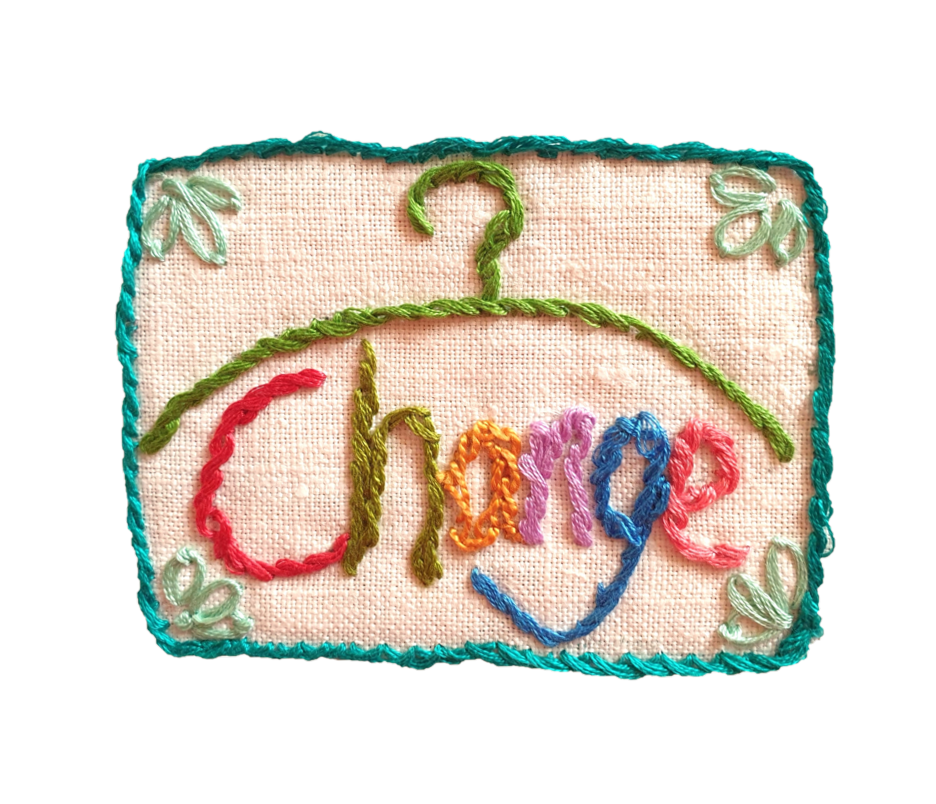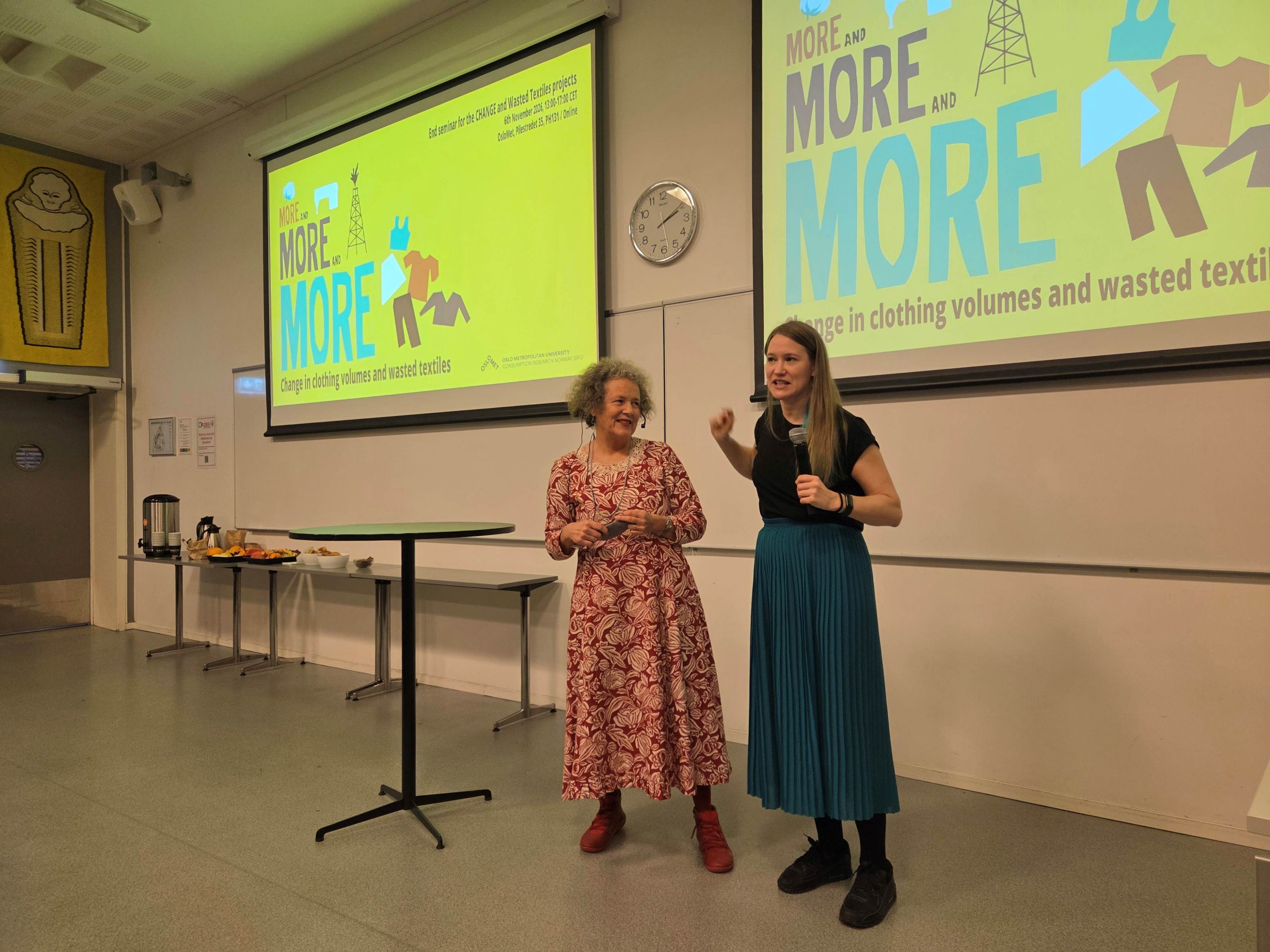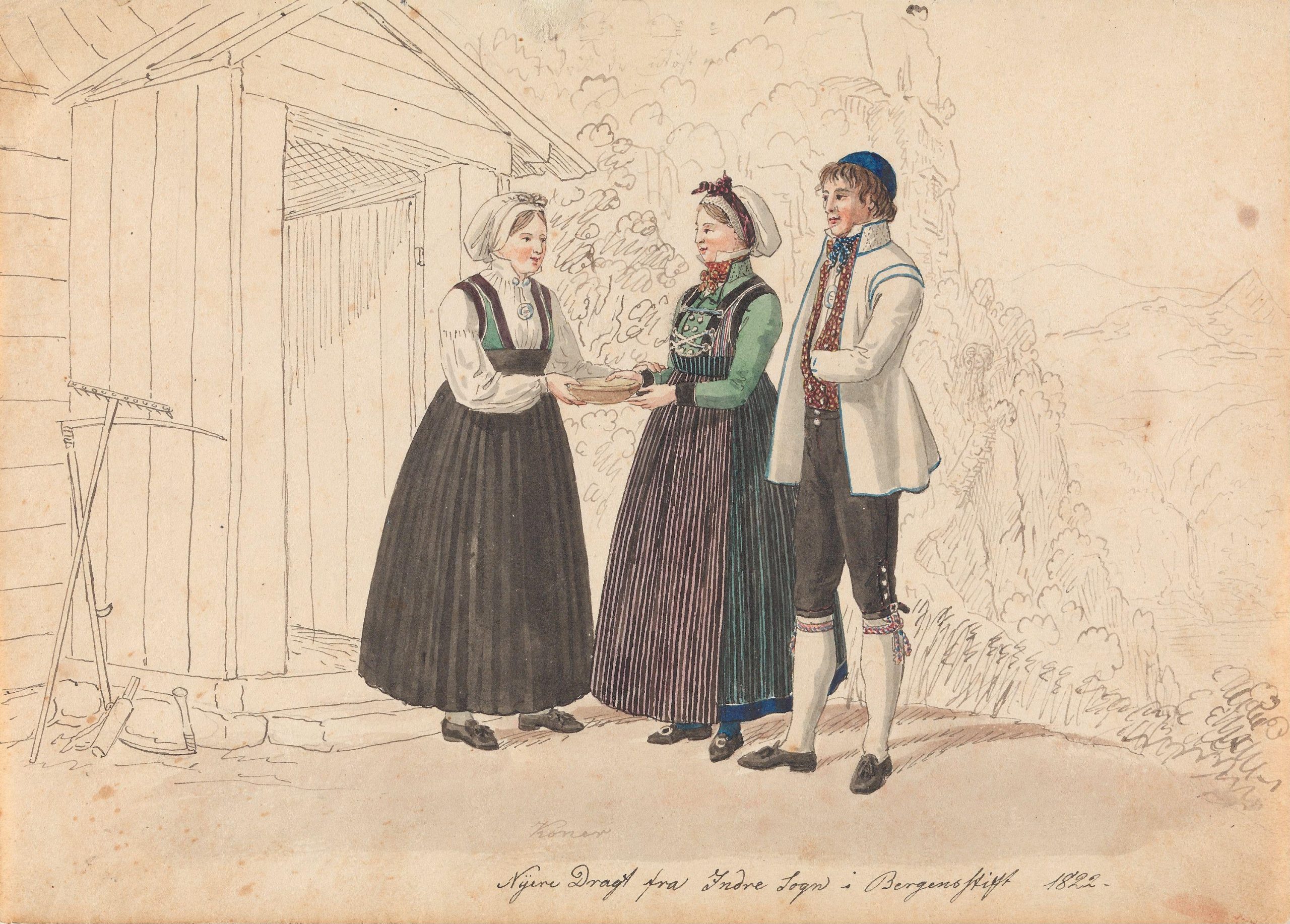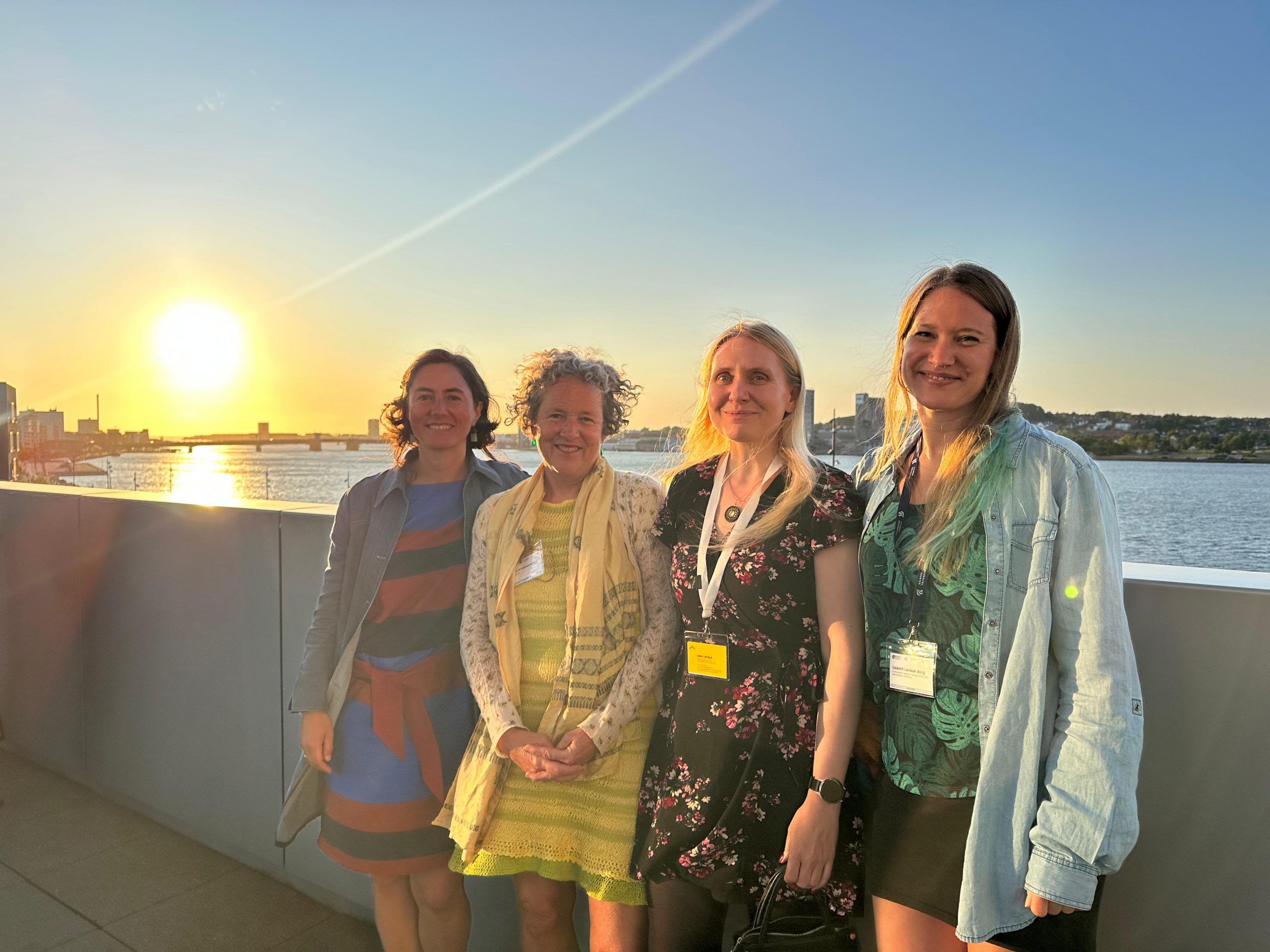CHANGE
Environmental systems shift in clothing consumption
In CHANGE, we will investigate what is most essential to reduce the environmental impact of clothing: reduce the amount of clothing that is produced, acquired and disposed of.
Environmental impacts from the clothing sector have increased rapidly within the last 30 years, with clothing consumption as an important driver due to the large volumes of clothing that are produced, used and disposed of. Yet, research on clothing consumption, and knowledge of how clothing is used and how this affects the total volume of clothing, is limited. In CHANGE, we will investigate what is most essential to reduce the environmental impact of clothing: reduce the amount of clothing that is produced, acquired and disposed of.
CHANGE will concentrate on two important elements in clothing consumption. One is to be properly dressed for the occasion, and the other is clothing standards related to the expectation of variety of garments. Where do these ideas come from? And how have they shaped our clothing habits over the last 200 years? We will look at why and how we change clothes between different occasions and the expectation and desire for variety of garments. The project objective is to improve our knowledge of how clothing volumes can be reduced by increasing the understanding of how people use clothing and how this has developed over time. The project will mainly study Norwegian clothing consumption through quantitative and qualitative wardrobe studies of couples. These will contrast with other wardrobe studies in and outside Europe. By looking at the connection between the individual consumer’s practices and different clothing standards, and the consequences this has on an overall level, we will contribute with knowledge and theoretical concepts that bring consumption – the use of clothing – into debates and politics about clothing and the environment.
The project has been awarded 12 million from the funding scheme Ground-breaking research (FRIPRO) from the Research Council of Norway, from July 2021-2025. Project leader is Ingun Grimstad Klepp from Consumption Research Norway SIFO, OsloMet. Also from SIFO is senior researcher Kirsi Laitala and PhD student. Irene Maldini from Amsterdam University of Applied Sciences brings in methodological and empirical expertise in wardrobes in the Netherlands and Uruguay. The latter with Lucrecia de Léon from the Universidad de la República. Kate Fletcher from the Center for Sustainable Fashion at UAL brings an outside perspective where change at the system level is discussed. Else Skjold from the Royal Danish Academy of Fine Arts takes responsibility for a network of students and researchers together with Liudmilla Aliabieva from Moscow University. Bjørn Sverre Hol Hagen from UiO / Anno Museum and Marie Ulväng from Stockholm University will add their historical dimension to the project, while Tone Skårdal Tobiasson will be responsible for dissemination and network building.
Participants at SIFO
- Ingun Grimstad Klepp
- Kirsi Laitala
- Vilde Haugrønning
- Ingrid Haugsrud
External Participants
- Irene Maldini, Amsterdam University of Applied Sciences
- Lucrecia de Léon, Universidad de la República
- Kate Fletcher, Royal Danish Academy of Fine Arts
- Else Skjold, Royal Danish Academy of Fine Arts
- Liudmilla Aliabieva, Moscow University
- Bjørn Sverre Hol Hagen, UiO / Norsk Folkemuseum
- Marie Ulväng, Stockholm University
- Tone Skårdal Tobiasson

End seminar for CHANGE and Wasted Textiles
In order to set a final punctuation for two major research projects that have run parallel over the last five years, Consumption Research Norway Clothing division invited partners and interested parties to an closing hybrid seminar. The title ‘More and more and more’ – when both projects have been about lessening the environmental burden and…
‘Creating’ variety without waste: Pre-industrial dress practices as inspiration for updating the sustainability discourse
Authors: Ingun Grimstad Klepp, Bjørn Sverre Hol Haugen, Marie Ulväng, Pernilla Rasmussen, Ingrid Haugsrud This study explores how ideas of variety were created and practised among women and men of different social strata in Norway and Sweden before the big changes in the second half of the nineteenth century. Three researchers with in-depth knowledge of…
Creating variety without waste
New paper in CHANGE The paper looks at the acquisition and use of clothes in the period of 1780–1850 to understand how variety was achieved and to discuss whether historical research can inform today’s debate on clothing and the environment. Three researchers from Norway and Sweden with in-depth knowledge of clothing during that period look…
MORE and MORE and MORE: Change in clothing volumes and wasted textiles
Hybrid seminar: Thursday, 6th of November 2025, 13:00-17:00 CET. OsloMet, Pilestredet 35 / Online.
Continue Reading MORE and MORE and MORE: Change in clothing volumes and wasted textiles
PLATE – Pleasant, but disappointing
The Product Lifetimes and the Environment (PLATE) conference aims to be a conference that brings together leading researchers trying to address ways for us to align our consumption more realistically within our planetary means. But despite this, there was little will to discuss how product lifetime is related to environmental issues during the three hot…



